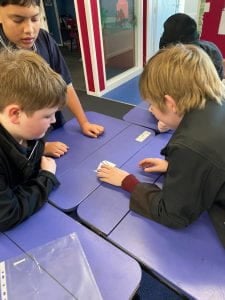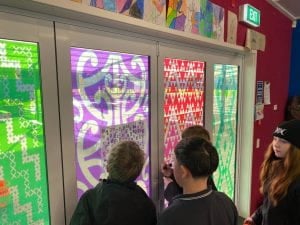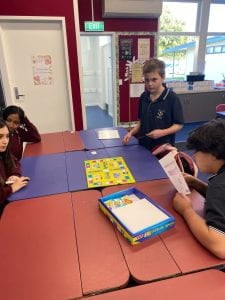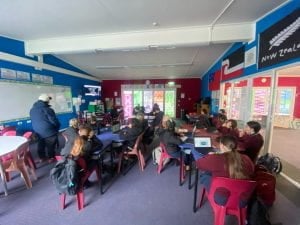Exciting times in Room 1 as we embark on our movie-making adventure! 
Now, we’ve moved on to the filming stage, and it’s been action-packed! The students have taken on various roles, from directors to camera operators, and even actors. It’s wonderful to see them collaborate and bring their stories to life. We’ve been learning a lot about camera angles, lighting, and how to capture the best shots for our scenes. The teamwork and problem-solving skills on display have been great.





Next up, we’ll dive into the editing process, where students will learn how to piece together their films, add soundtracks, and create the final product. We can’t wait to see the finished movies and share them with whānau and friends.
Stay tuned for more updates on our filmmaking journey!


































